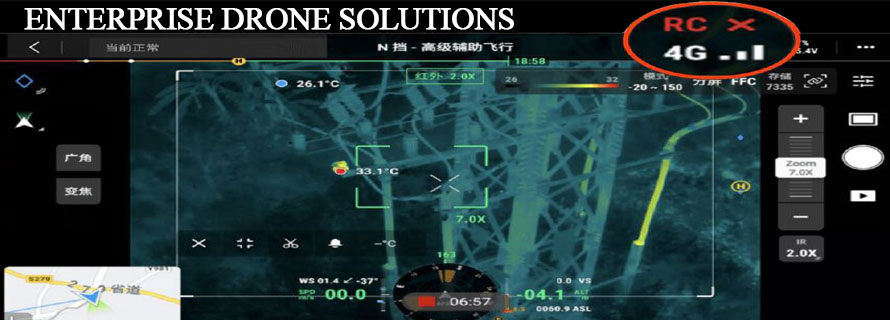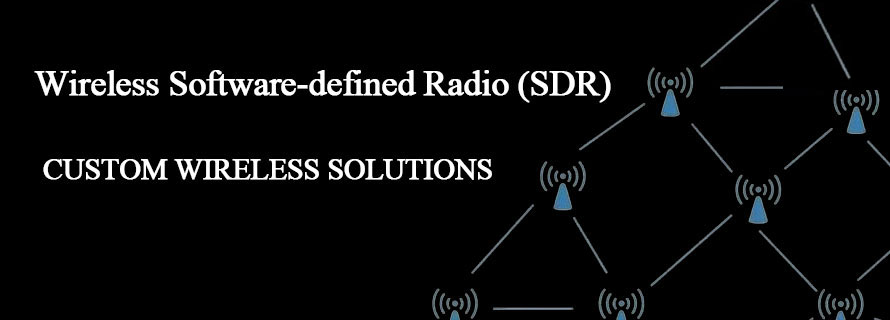-
Color Determination Instrument Using Scope
The using scope of color determination instrument includes aviation fuel, benzene, biodiesel, biofuel, chemicals, diesel, dyes, engine oil, fuel, gasoline, hydraulic fluid, insulating oil, transformer oil, jet fuel, jet lube, kerosene, light oil, lubricating oil, mineral oil, naphtha, solvent, turbine ...
-
Functions of Saybolt Color
The function of Saybolt Color is to control manufacturing quality of oil. The color is an important quality characteristic of oil, and is easily for user's observation. Under some conditions, the color may serve as an indication of the degree of refinement. For some oil which the color range is known, ...
-
Saybolt Color of Petroleum Products
Saybolt color --- an empirical definition of the color of a clear petroleum liquid based on a scale of -16 (darkest) to +30 (lightest). The number is derived by finding the height of a column of the sample that, when viewed through the length of the column, visually matches the appropriate one of three ...
-
SAE Viscosity Ratings
SAE viscosity ratings in order of preference from best to worst:The best possible: SAE 0W-60 (Very expensive)The best available: SAE 5W-50 (Possible only with fully synthetic motor oil)2nd best: SAE 5W-40 for colder climates (Synthetic or Blend) SAE 10W-50 for warmer climates (Synthetic ...
-
Which SAE viscosity rating is the best?
SAE 0W-60 is the best but it is now not available.Theoretically the best possible SAE viscosity rating is 0W-60, but only small experimental quantities of such lubricants were ever produced. The NASA SynLube is rated SAE 0W-60, but it sells for USD95 per liter, therefore it is not economical or practical ...
-
SAE and ISO viscosity classification system
SAE --- The Society of Automotive Engineers is an engineering society founded to develop, collect, and disseminate knowledge of mobility technology.ISO viscosity classification system, approved by the International Standards Organization, for classifying industrial lubricants according to viscosity. ...
-
Viscometer
Device for measuring viscosity; commonly in the form of a calibrated capillary tube through which a liquid is allowed to pass at a controlled temperature in a specified time period.
-
Viscous
Possessing viscosity. From the Latin word for a sticky species of birdlime that is a slowly-pouring liquid. Frequently used to imply high viscosity.
-
Relationship between Viscosity and Temperature
The manner in which the viscosity of a given fluid varies inversely with temperature. Because of the mathematical relationship that exists between these two variables, it is possible to predict graphically the viscosity of a petroleum fluid at any temperature within a limited range if the viscosities ...
-
Viscosity Index Improver (VII)
Chemical additive that is added to finished lubricants to improve the viscosity index.Lubricant additive, usually a high-molecular-weight polymer, that reduces the tendency of an oil to change viscosity with temperature. Multi-grade oils, which provide effective lubrication over a broad temperature range, ...



